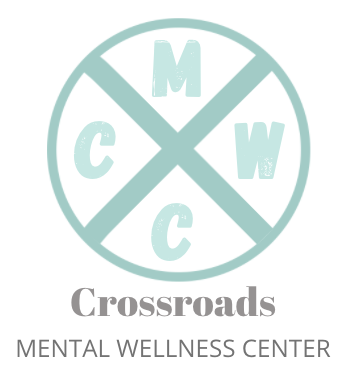Life Transitions & Career Counseling
Life Transitions
Ever have that feeling where the rug is being tugged out from under you whether you are ready or not? Let’s be honest, life can be hard. One can plan and prepare until they feel confident, but when a big moment finally arrives, life has a way of stepping in and we need to recalculate: whether that be emotionally, cognitively, behaviorally, or professionally speaking.
Life Transitions are big turning points in a person’s life. Some examples may be:
- Moving to a new city or state
- Starting a new job or career
- Enrolling in a new school
- Graduating high school or college
- Joining the Military
- Moving in with a partner
- Becoming a Parent
- Caring for an elderly parent
- Socioeconomic Status (Financial adjustments)
To some degree, everyone has experienced a fear of change and transition. There is comfort in routines. A feeling of safety if you will. With each new stage of life, transitions are inevitable.
There are different types of life transitions: Planned and Unplanned.
Planned transitions are typically easier for people to process and experience as they are at the want of the person going through the newness. One example being someone moving off to college. They know a new environment and increased academic rigor will be challenging, but most enter this transition with optimism.
However, even in planned transitions, emotions can be heightened and “what ifs” can arise to cloud cognitions. It’s okay to be truthful about one’s feelings, instead of trying to “save face”. Understanding and embracing your emotions about your life transition helps you adapt better and more quickly.
On the flip side, if an elderly parent gets a diagnosis where they cannot live on their own anymore and they have to move in with one of their children, this may be unplanned and cause stress on those in the home as it will change the home family dynamics. Unplanned life transitions can leave people feeling trapped as the situation they find themselves in was out of their control. This can lead to feelings of resentment, anger, frustration, loneliness, and even panic.
Seeing a therapist to navigate through life transitions is beneficial as it allows one to verbally and cognitively process their experiences and emotions around their changing environment without judgment. How you are feeling, whether you are going through a planned versus unplanned transition, is your reality and we are here to help you move healthily forward in your journey.
Career Counseling
Whether you are embarking on your first career job after post-secondary graduation, or you want to make a career change, Crossroads’ providers are here to help you. There are many questions and thoughts that go into making these directional choices and the decision can be cumbersome.
What will my financial situation look like? Will I have to relocate? What if there is a better offer for me out there? Will I find job satisfaction in this career? Is this a field I can see myself in for years to come? Is it worth leaving my current position?
Crossroads’ therapists are trained to help you navigate through this exciting, yet stressful time. Our goal is to help you understand yourself and your career goals better so you can make an informed decision that fits your (and your family’s) needs.
Or, if you feel like you are treading water, and your compass isn’t set in any particular direction, you are not alone. Through the counseling process and with the use of aptitude and career assessments, we can help you explore your interests and how they align with your abilities and values to help you find a career pathway that’s right for you.

